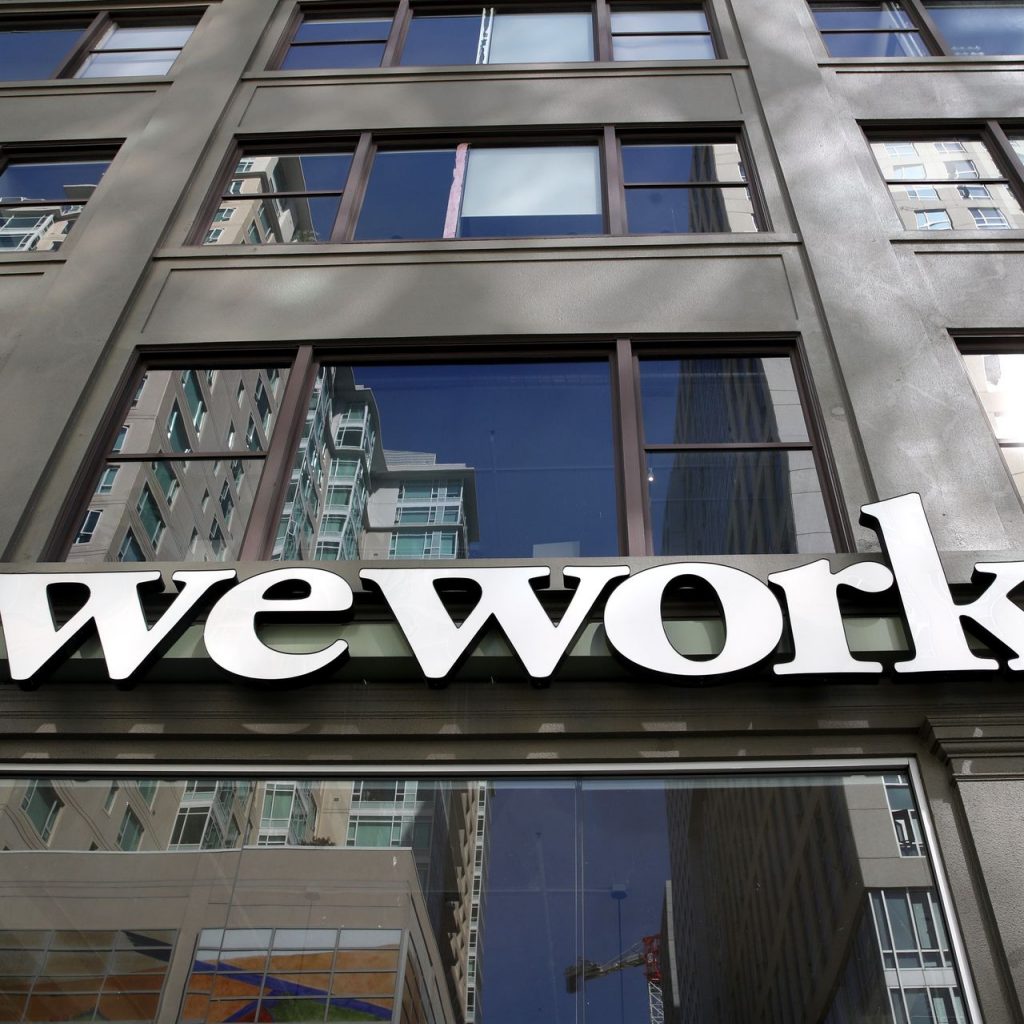Investing in digital shares of real estate is quickly becoming mainstream, but one of the biggest questions investors have is how their digital shares are protected. In this article we’ll look at how the government is overseeing digital security investments and what protective custody services are available for investors who own digital shares of assets.
How U.S. regulators are protecting digital share investors
New York is home to Wall Street and the New York Stock Exchange, so it makes sense that the New York State Department of Financial Services (DFS) is spearheading the effort to make owning and controlling digital shares safer for investors.
Linda A. Lacewell, the Superintendent of the New York State Department of Financial Services, recently said, “As the financial services industry evolves rapidly, DFS will be at the forefront of fostering a strong regulatory environment that continues to maintain New York as the main place to do business, while protecting consumers and markets.”
Here are three examples of DFS regulators at work:
Bakkt
In August of this year, New York State regulators approved a license for Bakkt to store digital assets for customers. The company is complying with DFS regulations that help ensure these digital shares remain safe and secure.
Bakkt is owned by the Intercontinental Exchange, an American company that owns and operates 12 regulated exchanges for financial and commodity markets including the New York Stock Exchange, and futures exchanges in the U.S., Canada, and Europe.
Xapo
Last year, the New York State Department of Financial Services granted a license to global financial services firm Xapo to offer a digital wallet and vault service. Although Xapo is a start-up company, the people behind the firm have world-class resumes and years of experience in the financial services industry.
Xapo was co-founded by PayPal board member Wences Caceres, while the company’s board of advisers is led by former U.S. Treasury Secretary Lawrence Summers and former Citibank chairman and chief executive John Reed.
itBit
Back in May of 2015, the DFS granted a virtual currency charter to itBit. The company is the second-largest virtual exchange in the U.S. and offers custody, escrow, and over-the-counter trading services for digital assets.
As a regulated U.S. financial services company, itBit focuses on meeting the sophisticated needs of institutional investors and trading professionals through its Institutional Client Group. Money held by the firm is FDIC insured and mandatory capital reserves fully protect all customer digital assets.
itBit maintains strict regulatory oversight, global anti-money laundering (AML) and know your customer (KYC) compliance. The company also helps ensure client assets are secure by providing 100% offline cold storage for digital assets.
Why cold storage and custody services are important
Cold storage is an offline wallet or depository for storing digital assets that aren’t connected to the internet, thereby preventing unauthorized access. While the phrase cold storage is frequently used when describing how digital assets are kept safe, the concept of cold storage has been around for decades.
For example, stock market investors who take physical delivery of certificates for shares of company stock they own and store them in a personal safe or bank safe deposit box are using a form of cold storage. Real estate investors who physically hold the actual deed to investment property are also using cold storage.
However, cold storage for digital assets is more sophisticated than a home office safe.
Anchor Labs – whose backers include Andreessen Horowitz and Mark S. McCombe, Senior Managing Director at BlackRock – recently launched a digital asset custodial service for institutional investors. Anchor aims to combine security with asset productivity by keeping digital securities safe while allowing owners to capture yield by moving their assets within minutes of a transaction approval.
The market for digital shares is rapidly growing
Investing in physical assets like real estate by using digital shares instead of printed paper is a concept that’s brand new to many investors. Understandably, adapting to new technology isn’t always easy.
That’s why premier groups like BlackRock and Andreessen Horowitz are backing firms that offer safety measures such as digital vaults and custody services to holders of digital securities. As the use of digital shares continues to go mainstream, traditional financial firms are also looking for their slice of the digital pie.
Earlier this year, Bloomberg reported that Fidelity Investments would begin offering a range of digital investment products for large investors and hedge funds. As one of the world’s largest providers of retirement savings and mutual funds, Fidelity is hoping to attract institutional investors interested in digital investing and trading.
It’s also understandable why global financial giants and smart-money investors are keen on digital securities and share ownership. Digital shares of real estate allow for liquidity in minutes rather than months, have dramatically lower front-end costs, with transactions that are completely transparent.




